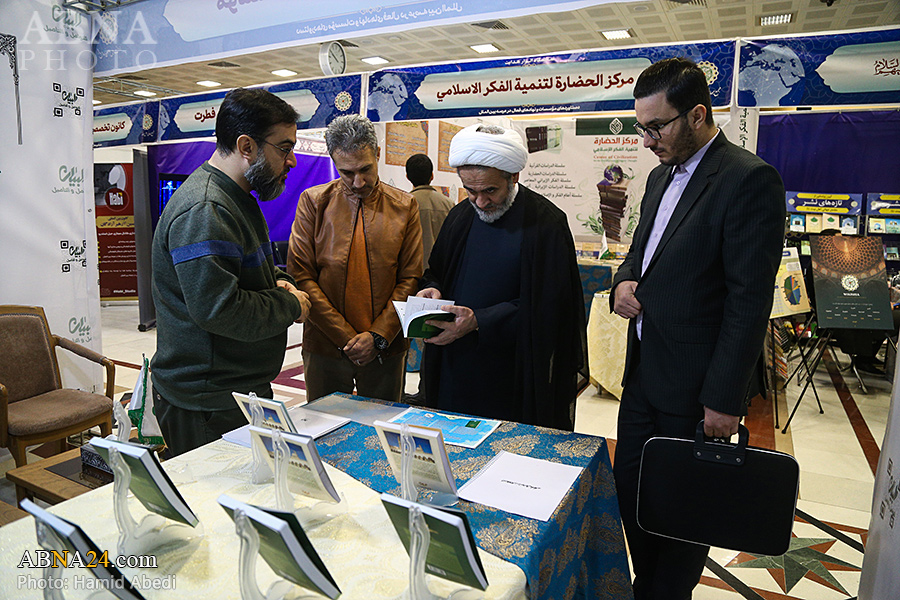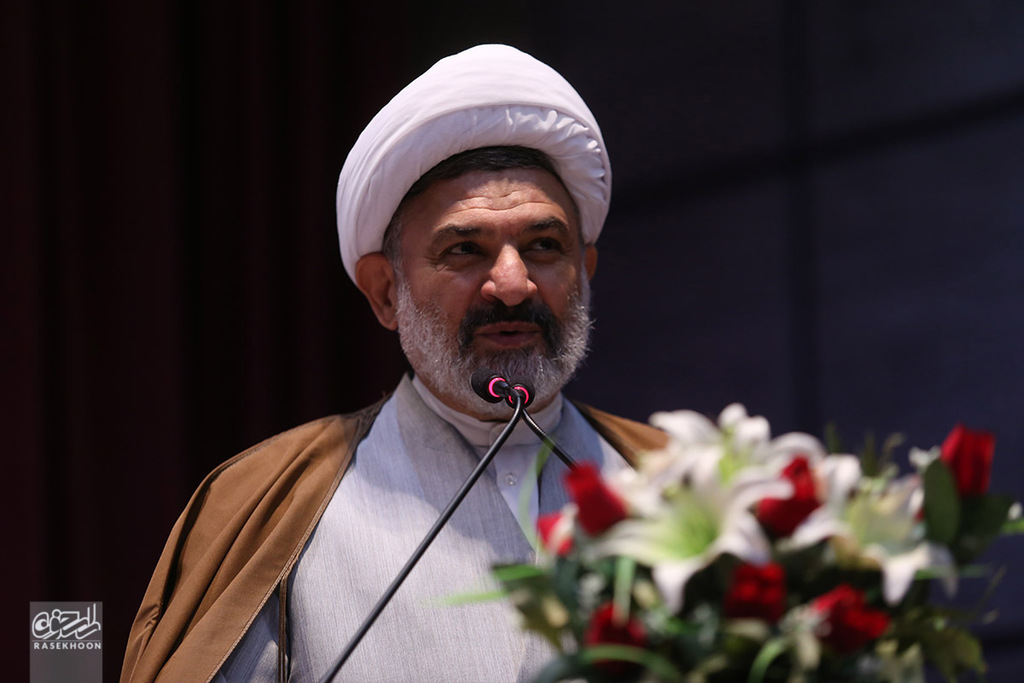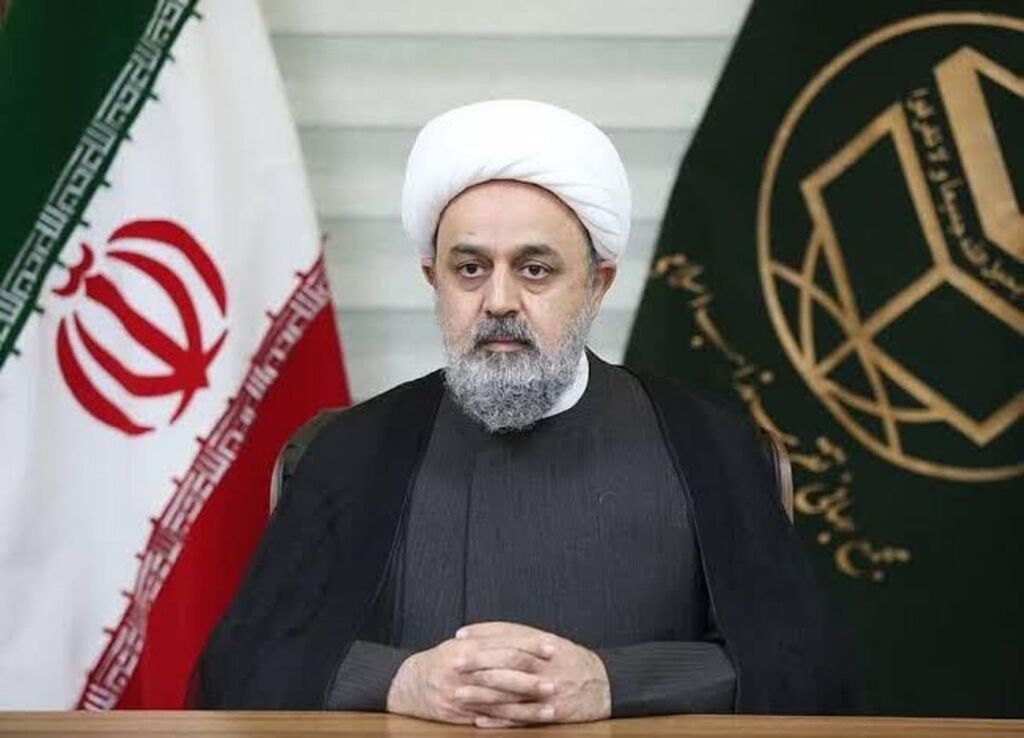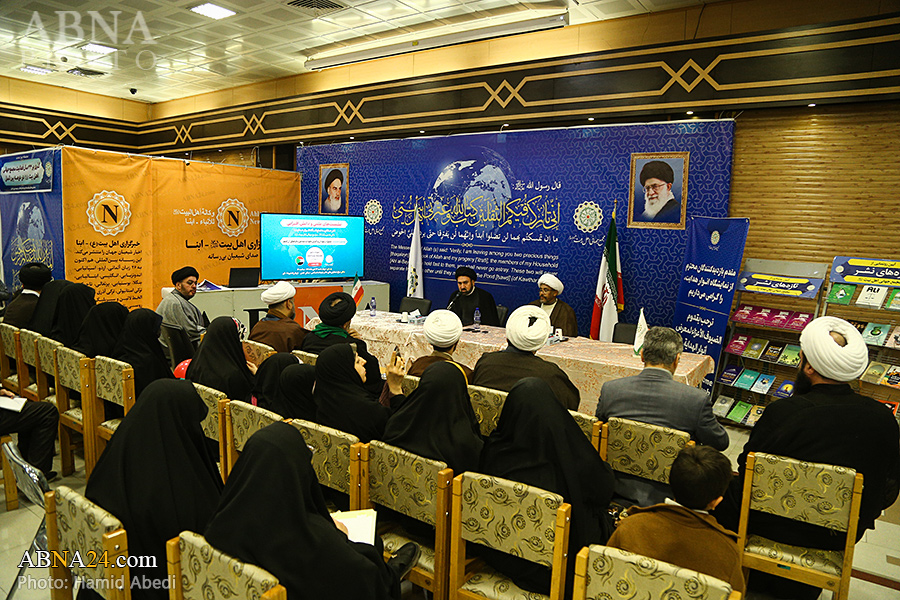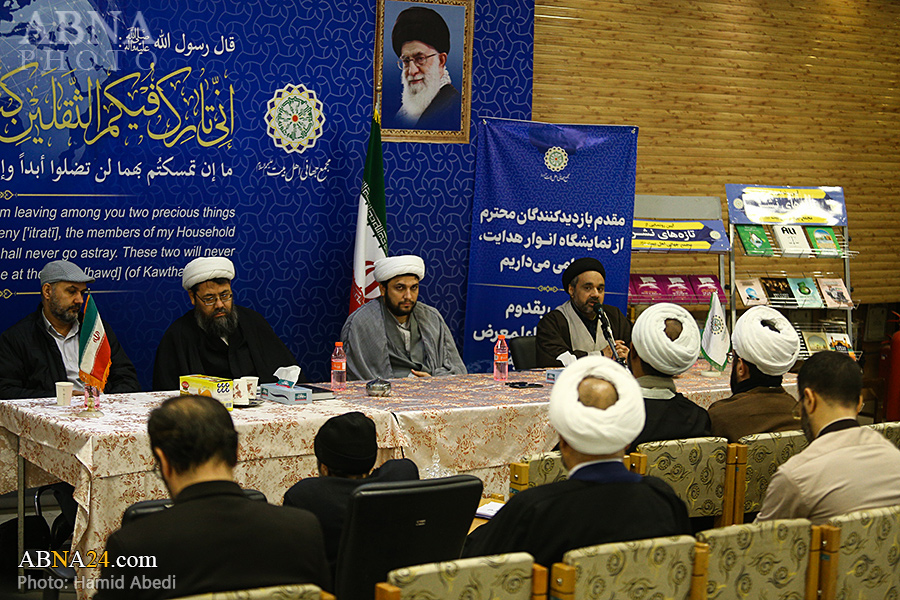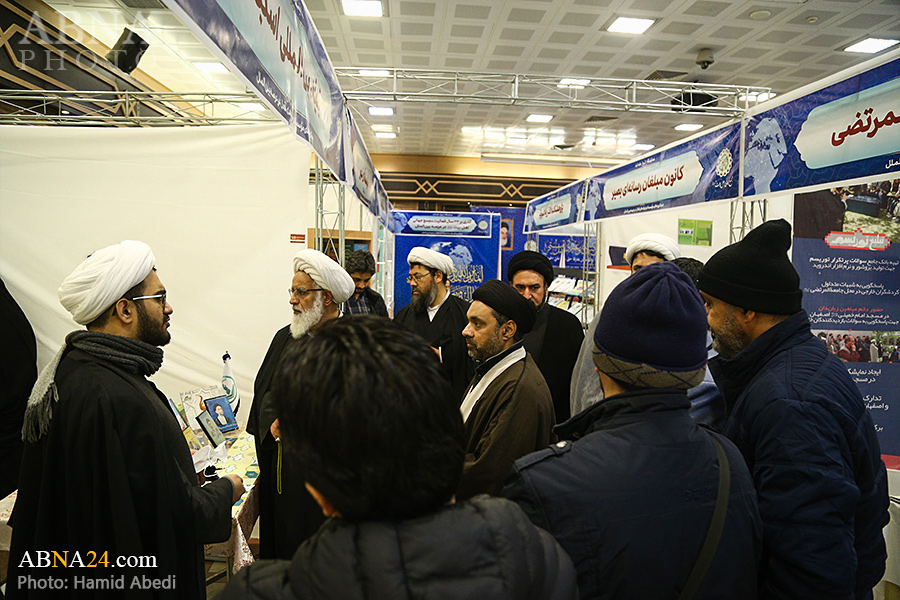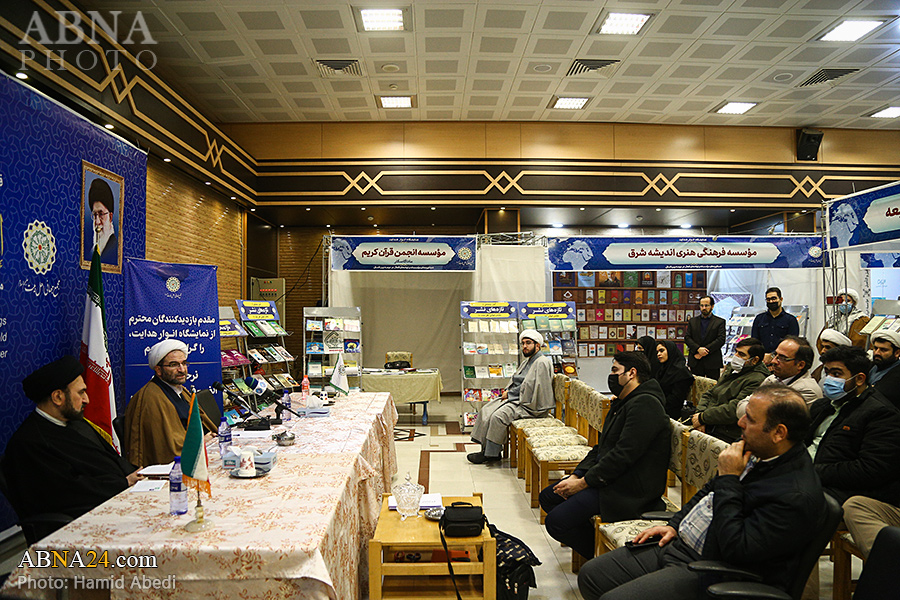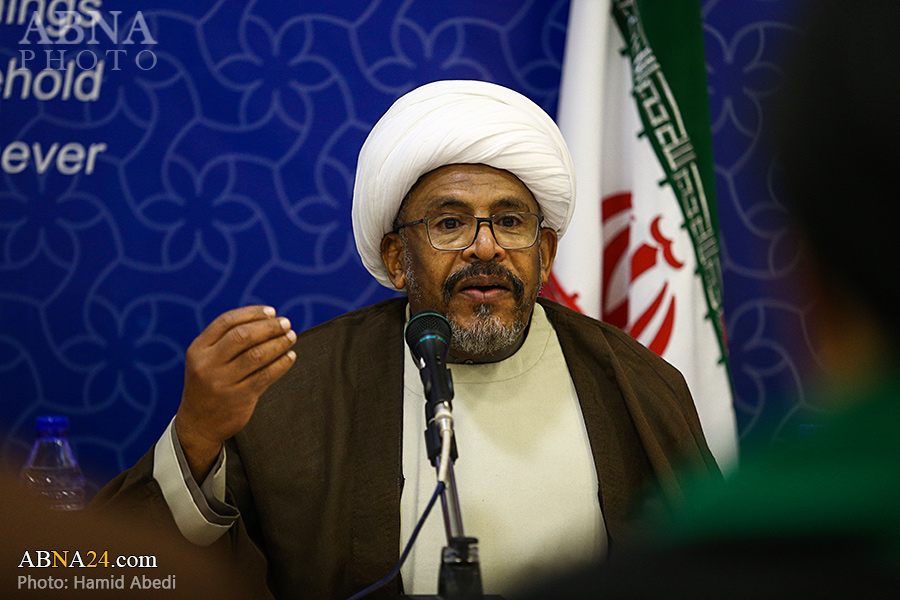- Home
- About AhlulBayt (a.s.) World Assembly
- News
- Stances & Statements
- Organizational Chart
- Secretary-General District
- Productions
- The Assembly's Books
- Subject index
- List of Languages
- Persian
- Arabic
- Urdu
- English
- Russian
- Malay
- Tajik
- Kurmanji Kurdish
- Kurdish
- Sorani Kurdish
- Swahili
- Chinese
- Italian
- French
- Turkish
- Turkey Turkish
- Azeri Turkish
- Azerbaijani
- Spanish
- German
- Hausa
- Hausa
- Cyrillic Azeri
- Persian Azeri
- Latin Azeri
- Albanian
- Armenian
- Indonesian
- Burmese
- Balti
- Bulgarian
- Bengali
- Bosnian
- Portuguese
- Pashto
- Thai
- Chichewa
- Rwandan
- Sindhi
- Swedish
- Finnish
- Fula
- Georgian
- Polish
- Luganda
- Malagasy
- Norwegian
- Dutch
- Hindi
- Audiobooks
- The Latest Publications
- The Assembly's Magazines
- The Assembly's Sofwares
- Event
- General Assembly Summits
- Conferences
- Festivals and Competitions
- Services
- Ever-lasting Figures
- World Shiite Population
- About The Assembly's Offices





